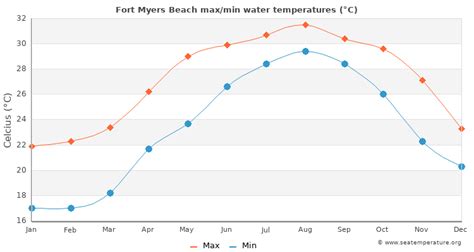When it comes to crafting a compelling resume, showcasing research ability is crucial for individuals in various fields, including academia, science, and industry. Demonstrating research skills can significantly enhance a candidate's chances of standing out in a competitive job market. In this article, we will delve into the intricacies of highlighting research ability on a resume, providing actionable tips and insights to help you effectively communicate your research prowess to potential employers.
Key Points
- Clearly define your research experience and skills
- Tailor your resume to the specific job description
- Use specific examples and metrics to demonstrate research impact
- Emphasize transferable skills, such as data analysis and problem-solving
- Highlight any research-related achievements, such as publications or awards
Understanding the Importance of Research Ability

Research ability is a highly valued skill in many industries, as it demonstrates a candidate’s capacity for critical thinking, problem-solving, and innovation. By showcasing research ability on a resume, candidates can demonstrate their potential to drive business growth, improve processes, and contribute to the development of new products and services. To effectively highlight research ability, it is essential to understand the specific requirements of the job and tailor the resume accordingly.
Defining Research Experience and Skills
A crucial step in showcasing research ability is to clearly define research experience and skills. This can be achieved by creating a dedicated section on the resume, such as a “Research Experience” or “Research Skills” section. Within this section, candidates should provide specific examples of their research experience, including the research question, methodology, and outcomes. It is also essential to highlight any relevant research skills, such as data analysis, statistical software, or laboratory techniques.
| Research Skill | Description |
|---|---|
| Data Analysis | Experience with data analysis software, such as R or SPSS |
| Statistical Software | Proficiency in statistical software, such as SAS or MATLAB |
| Laboratory Techniques | Experience with laboratory techniques, such as PCR or microscopy |

Tailoring the Resume to the Job Description

To increase the chances of standing out in a competitive job market, it is crucial to tailor the resume to the specific job description. This involves carefully reading the job description and requirements, and then highlighting the relevant research skills and experience. Candidates should also use keywords from the job description in their resume, especially in the summary and skills sections.
Emphasizing Transferable Skills
In addition to highlighting research-specific skills, candidates should also emphasize transferable skills, such as data analysis, problem-solving, and communication. These skills are highly valued by employers and can be applied to a wide range of industries and roles. By emphasizing transferable skills, candidates can demonstrate their potential to contribute to the organization beyond their research abilities.
What are some common research skills that employers look for in a candidate?
+Common research skills that employers look for in a candidate include data analysis, statistical software, laboratory techniques, and critical thinking. Candidates should also highlight any relevant research experience, such as conducting studies or collecting data.
How can I tailor my resume to the specific job description?
+To tailor your resume to the specific job description, carefully read the job requirements and highlight the relevant research skills and experience. Use keywords from the job description in your resume, especially in the summary and skills sections.
What are some transferable skills that I can emphasize on my resume?
+Transferable skills that you can emphasize on your resume include data analysis, problem-solving, communication, and critical thinking. These skills are highly valued by employers and can be applied to a wide range of industries and roles.
In conclusion, showcasing research ability on a resume is a critical step in demonstrating a candidate’s potential to drive business growth, improve processes, and contribute to the development of new products and services. By following the tips and insights outlined in this article, candidates can effectively communicate their research prowess to potential employers and increase their chances of standing out in a competitive job market.



